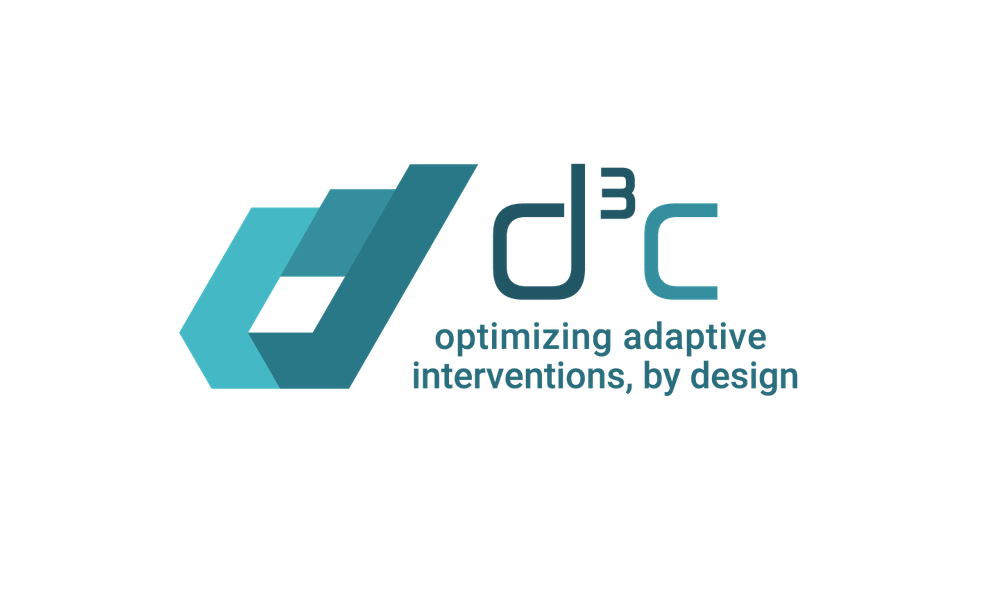Multi-level Interventions for Increasing Tobacco Cessation at FQHCs
Multi-level Interventions for Increasing Tobacco Cessation at FQHCs
Almost one out of every five adults is a smoker, and smoking remains the leading cause of preventable death and disability in the United States. Fortunately, smoking cessation dramatically decreases the risk of cancer, cardiovascular disease, and other diseases, and is a cornerstone of chronic disease prevention and control. Furthermore, 70 percent of current smokers want to quit and over 50 percent attempt to quit each year. Unfortunately, over 90 percent of those quit attempts fail, largely because only about 20 percent of quit attempts use any form of evidence-based treatment. One of the most significant advances in tobacco control over the past several decades has been the creation of tobacco cessation Quitlines that are available nationwide. Quitlines provide both behavioral counseling and pharmacotherapy, and the efficacy of Quitlines is extensively documented. The overall objective of this project is to increase the reach and impact of evidence-based tobacco cessation treatment in order to reduce the prevalence of smoking among low SES populations. Thus, this project will implement and evaluate practical, scalable, evidence-based intervention strategies among 30 Federally Qualified Health Center (FQHC) clinics: (1) a clinic-level intervention that focuses on enhanced system supports at point of care using the electronic health record (EHR); and (2) two patient-level interventions that both increase opportunities to engage in Quitline treatment and provide motivation and practical problem-solving strategies for addressing barriers to quitting and treatment engagement. Results will provide critical data about the impact of pragmatic and scalable interventions in impacting practice change, increasing tobacco cessation at the population level, and reducing the disproportionate burden of tobacco-related morbidity and mortality among low SES populations.

Principal Investigator
Key Collaborators
Inbal Nahum-Shani (Direct Sponsor: University of Utah; PI: David Wetter)
Funding Source
PCORI (Patient-Centered Outcomes Research Institute) – PCS-2017C2-7613